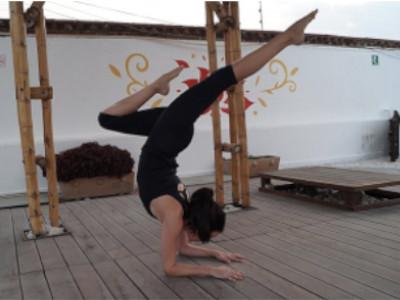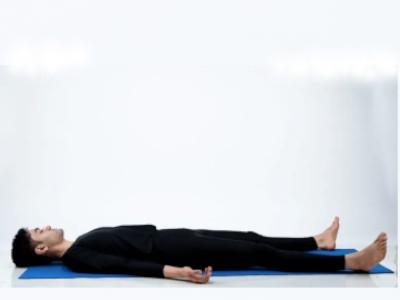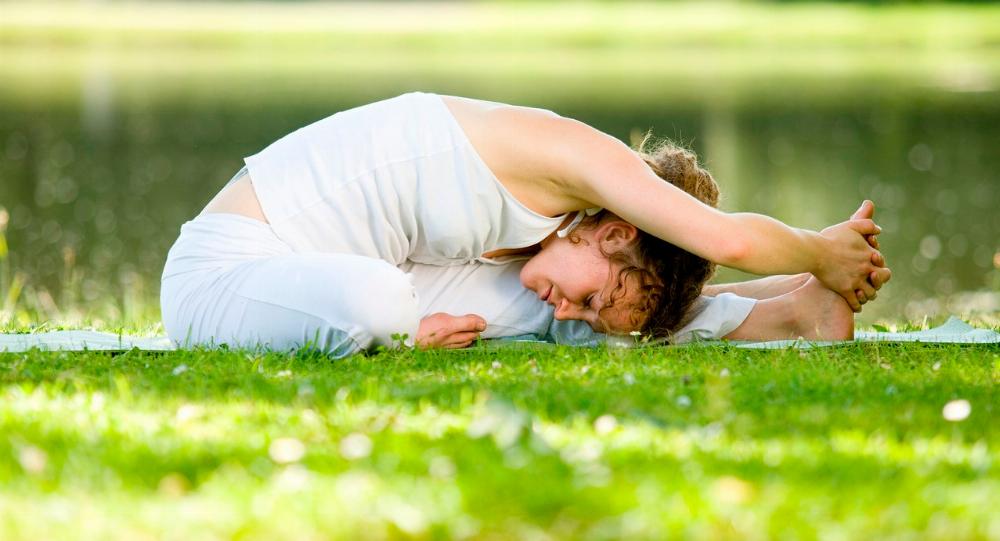
- Published on 27-Apr-2022
- 0 Likes
- 0 Comments
- 422 Times Read
The meaning of this asana is peacock feather pose. Before displaying the beautiful feathers, the peacock happens to lift its tail upright. This upright pose before dancing is known as Pincha Mayurasana. This represents the peacock in all its grandeur. The fierceness that is described in the peacock has to be imbibed in our day to day lives.
You can also call it as the elbow stand or the forearm stand pose too. As the entire weight falls on your shoulders, it has tremendous strength to withhold that balance for a specific period of time. As the shoulders are not joined together but kept at a distance distributing your weight on both the shoulders.
Similar to Adho Mukha Svanasana and Adho Mukha Vrksasana this pose also tests the inbuilt fear of falling. This fear factor is very common while doing all these kind of asanas. It is different to Vrksasana as the arms are not bended and in this asana it is bended giving you the extra support.
It may not be an easy asana to do on your own. You can use the wall as a support. The help of a friend or a teacher around would be worth the effort while doing this asana. Even though it may look like a simple asana, but doing it can be a different ball game all together.
This asana is a stress buster. It helps you tremendously to relax due to the position of the asana. The tension that would be residing in shoulder area is easily removed. Every muscle happens to do their bit making you more proactive towards your knowledge of mind and body.
As your chest opens helping your ribs, it also helps the shoulders including your upper arms and upper back. As your rib area and stomach area keeps the body straight they get toned too. Every part of your body is benefited while doing this asana.
The legs and buttocks are also strengthened because of the need, to keep your body in a straight line. This position lets you strengthen your thighs as it has to be kept straight without bending over. Thigh muscles benefit a lot by doing this inverted pose.
In this pose too the blood from the legs rushes down to the head, supplying it with fresh blood, which rejuvenates you as well as refreshes your mind and body to the highest proximity.
While doing any of the yoga asanas please confirm with your yoga teacher or doctor. People with back or any other problems should avoid such asanas.




0 Comments